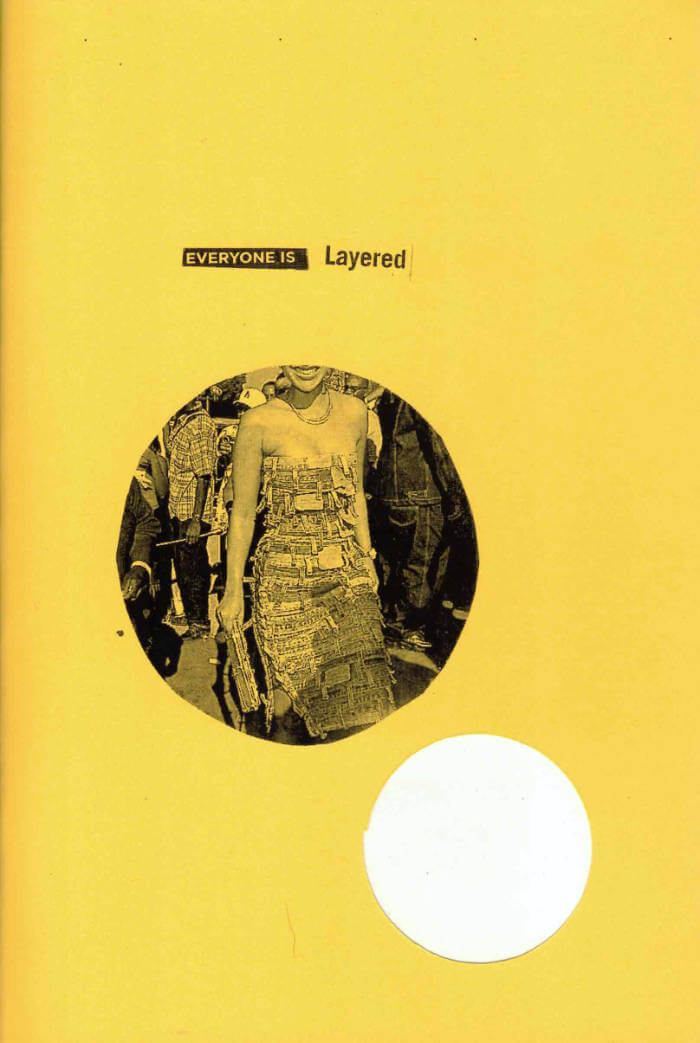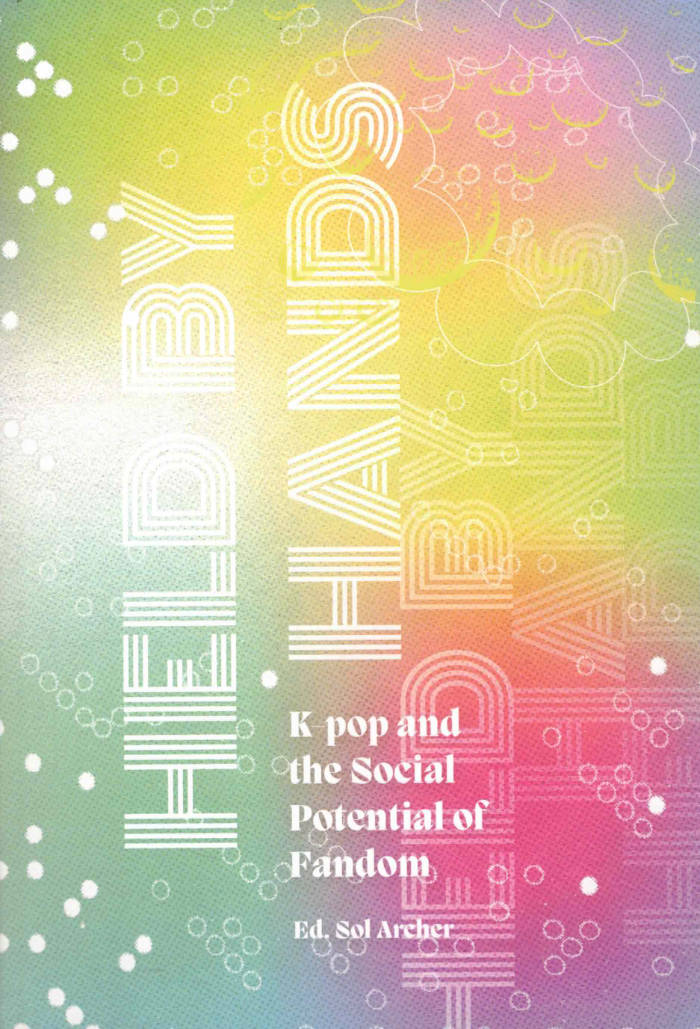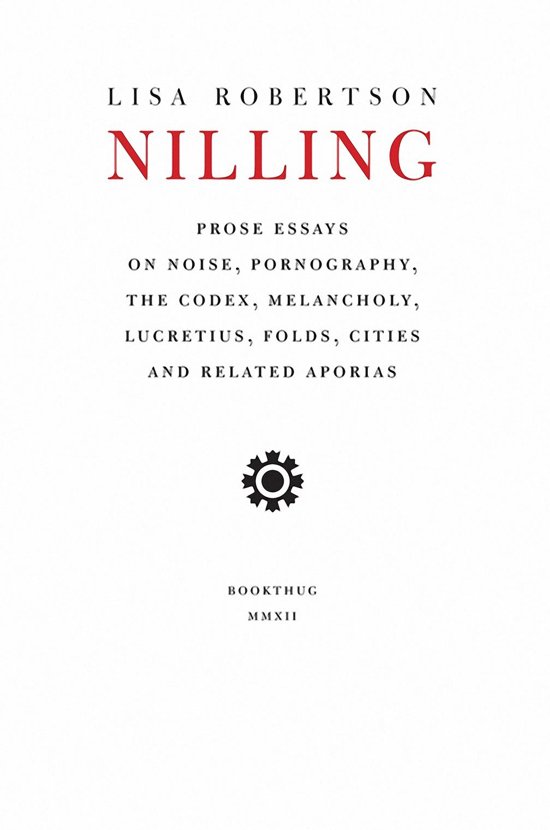
Take Em' Down: Scattered Monuments and Queer Forgetting
Who determines what is remembered and commemorated, and why? How can we commemorate something that is both in the past and a daily reality? In Take 'Em Down, Simon(e) van Saarloos is inspired by the historically invisibilized lives of LGBT people and queers. They demonstrate the power of forgetting and wonder if and how it’s possible to live without a past. At the same time, Van Saarloos criticizes the way that a ‘white memory’—including their own—treats some stories as self-evident while other histories are erased.
"Amidst a global pandemic that has fundamentally changed our world, along with Black Lives Matter, Me Too, Topple Monuments Movements and ongoing struggles for LGBTQIA liberation, Simon(e) van Saarloos' Take 'Em Downasks us to reenvision monuments and acts of commemoration. They also champion forms of Queer forgetting as acts of resistance. They call upon the work of some of the greatest thinkers, scholars and writers Arendt, Orwell, Halberstam, Rankine, Moten, Hartman and more to raise critical issues around memory, mourning and social justice. In this text Saarloos joins their ranks in creating important new visions and challenges for our world. It’s a text demanding to be contemplated and shared widely."
Pamela Sneed, Author of Funeral Diva, City Lights 2020
Simon(e) van Saarloos is the author of Playing Monogamy (PS Rotterdam). They were the curator of the 2021 exhibition on Abundance (‘We must bring about the end of the world as we know it’ – Denise Ferreira da Silva) in Het HEM and are also the host of *The Asterisk Conversations podcast. Van Saarloos recently started a PhD in the Rhetoric department at UC Berkeley.
Translation by Liz Waters. Introduction by Pamela Sneed, New York-based poet, performer, visual artist, and educator.







